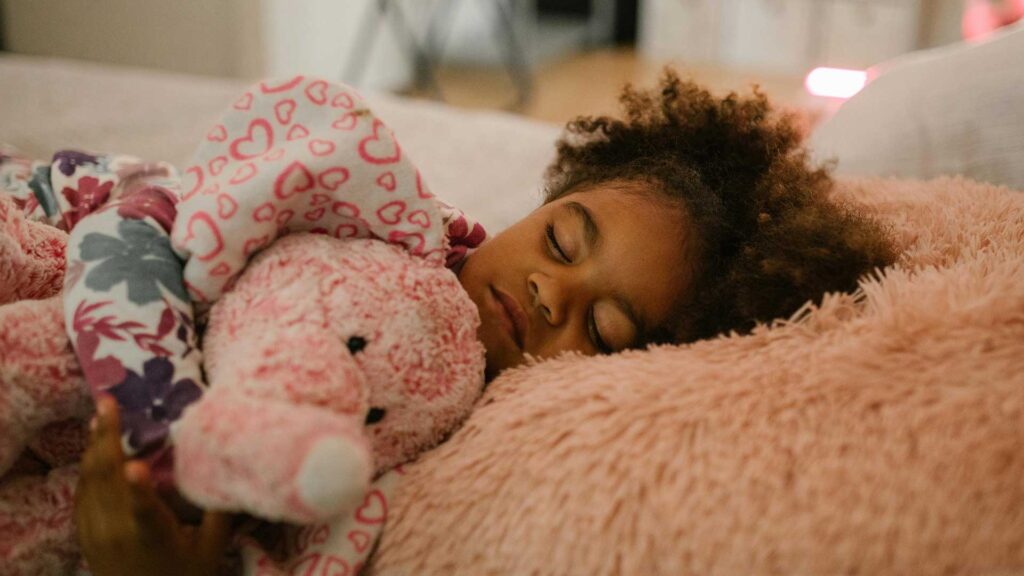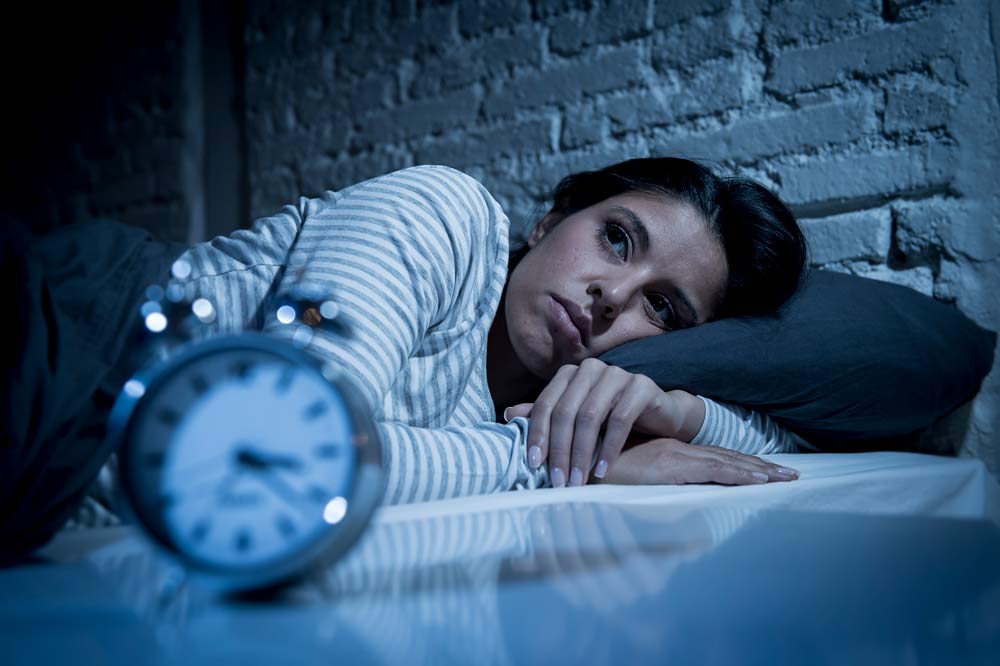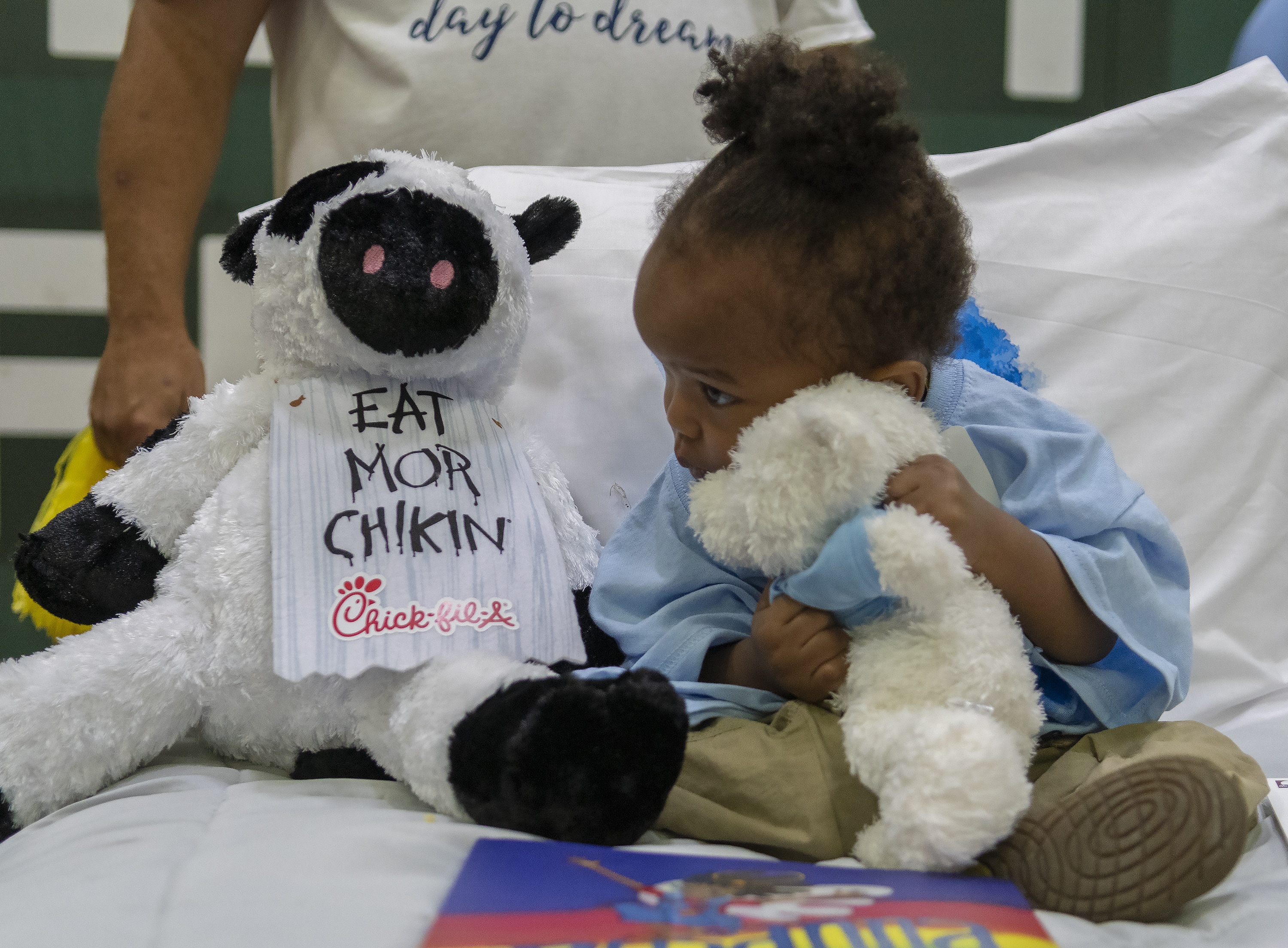
Establishing a good sleep routine and sleep hygiene is essential, especially when you struggle with sleep disorders such as insomnia and sleep apnea. However, if you are one of these people struggling with insomnia, it might be time to pass on the tips to creating a better sleep schedule for you kids as they might begin to experience insomnia symptoms as well.
A new study published in the Journal of Child Psychology and Psychiatry found that insomnia might be in fact genetic. The primary discovery of the study revealed that children who have a parent suffering from insomnia experience sleep related issues such as struggling to fall asleep and waking up constantly in the middle of the night. (1)
The researchers conducted a study on 2,458 children from Europe and half of them were girls. The authors of the study decided to call the study Generation Z, where the main focus was on pregnant women with a due date between 2002 and 2006. The main objective of the study was to assess the health and development of these children from when they were in the womb into adulthood. To do this, the researchers collected DNA samples either from the umbilical cord blood at birth or from the children when they reached six years old.
The mothers were then asked to provide some information of the sleeping patterns of their children when they were at the ages of one and a half, three, six, and between 10 to 15. This information included whether the children experienced difficulties falling asleep, sleep for a shorter period of time, or frequently woke up during the night. Also, 935 of the participants wore sleep tracking watches on two occasions between the ages of 10 and 15.
The study finally showed that a genetic tendency for insomnia in children was linked to insomnia-like symptoms. However, these insomnia-like symptoms were reported by the mothers — not by the sleep watches worn.
The reports from the mothers were seen as not as objective as the watches worn, which makes sense. This was because the mothers perceived themselves of having insomnia even when they received the recommended hours of sleep each night.
Having a genetic inclination for longer sleep was associated with an additional three minutes of sleep as measured by the tracker. This extra three minutes of sleep also coincided with waking up for less than a minute during the night for study participants.
More studies are definitely needed to explore this genetic correlation further, but we wanted to speak with the experts to learn more about their thoughts and what they suggest for parents seeing signs of insomnia in their children they often experience for themselves.
Is Insomnia Genetically Determined? An Expert Weighs In
This study might show that insomnia might be genetically predisposed, but we spoke with Dr. Natalie Barnett, who is the VP of Clinical Research at Nanit, who earned a post graduate degree in pediatric sleep science from the University of Western Australia, and she gave us some insights that maybe it might not be as concerning, especially for the parents with insomnia.
“This study shows that there appears to be a genetic predisposition to insomnia in children but it’s important to point out that their model explained less than one percent of the variance, ” she told Sleepopolis. “Sleep is extremely modifiable, and just because your child might have a predisposition to insomnia, it does not mean that your child is destined to suffer from insomnia.”
Barnett also suggested that the study needs replicating as in her own work she has seen multiple reasons why children have had difficulty falling asleep. She said that since the study just focused on the relationship between the sleep of children at different ages, the findings don’t support a strong case.
So before resorting to blaming your child’s sleep issues on genetics, it might be important to consider some alternatives. Barnett said consistency is the most important aspect when it comes to sleep.
“Consistency is key,” she said. “Developing consistent, predictable routines is a great way to help children establish healthy sleep habits at an early age and avoid the development of insomnia.”
Instead of jumping right into medical testing and seeking sleep specialists, it’s important to start with the small steps such as creating a sleep hygiene plan with your child or investing in a white noise machine to soothe your child right to sleep.

Types of Insomnia — Causes and Treatments

11 Sleep Expert Tips for Combating COVID-Somnia

Common Natural Sleep Aids & Supplements

“Day To Dream” Event Offers Children In Need A Good Night’s Sleep
Sources
1. Kocevska, Desana, et al. “Are Some Children Genetically Predisposed to Poor Sleep? A Polygenic Risk Study in the General Population.” Journal of Child Psychology and Psychiatry, Nov. 2024, p. jcpp.13899. DOI.org (Crossref), https://doi.org/10.1111/jcpp.13899.
2. Nanit Lab: Developed by Top Pediatric Sleep Researchers. Nanit. Accessed November 9, 2024. https://www.nanit.com/pages/nanit-lab.
Barnett, Natalie. Personal Interview. November 9, 2024.
